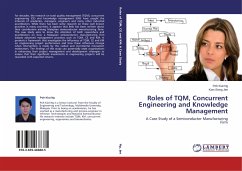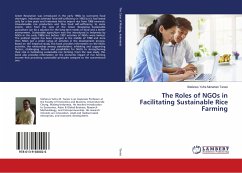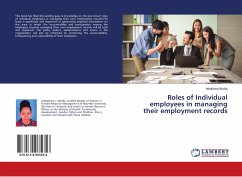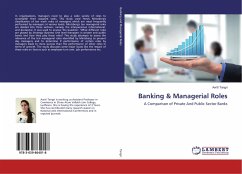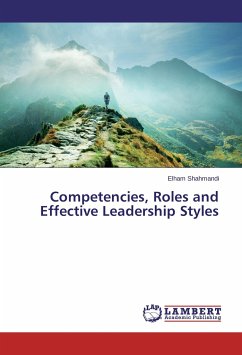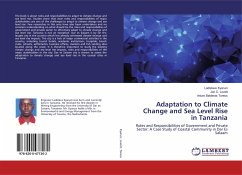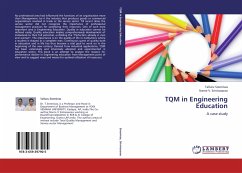For decades, the research on total quality management (TQM), concurrent engineering (CE) and knowledge management (KM) have caught the interests of academics, managers, engineers and many other industrial practitioners. While there has been some research on these well known practices in many countries, it appears that little has been written about their contribution among Malaysian semiconductor manufacturing firms. This case study aims to draw the attention of both researchers and practitioners on how a Malaysian semiconductor manufacturing firm adopts advanced management practices such as TQM, CE and KM. It presents a framework that investigates the influences of TQM, CE and KM on engineering project performance and how these influences change when intervention is made by the radical and incremental innovation moderators. The findings of this study can potentially assist organisations in enhancing their project management and development strategies to ensure that their significant investments in engineering projects will be rewarded with expected returns.
Bitte wählen Sie Ihr Anliegen aus.
Rechnungen
Retourenschein anfordern
Bestellstatus
Storno

